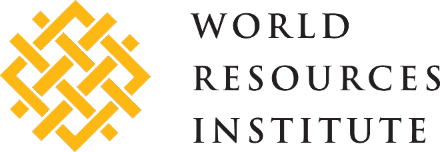Illegal fisheries and transparency tools
Illegal forms of fishing rob governments of revenues and coastal communities of their livelihoods and sustenance, giving rise to social and economic challenges. Human rights abuses are common onboard fishing vessels operating illegally.
To address the issue of crimes associated with fishing, the Nature Crime Alliance runs a working group with members from different sectors, including civil society organisations and those working closely with the seafood industry.
Early convenings of the working group identified commonalities between the goals of the participating organisations. It was determined that a collaborative effort on electronic monitoring could be worth exploring. In addition, the group aims to raise the profile of illegal fishing through the Alliance’s efforts to raise awareness of nature crime via investigative journalism. The working group also examines different fisheries legislation, enforcement capacities, and effectiveness in select locations.
Current aims of the Working Group
Electronic monitoring: The working group will explore the use of electronic monitoring in a host country to improve record-keeping of legal catches, increasing the likelihood of legal product entering the supply chain.
Standards: The working group will collaborate with the host country to encourage sign-on to the FiTI standard, increasing the transparency of their fisheries.
Awareness raising: Elevating the profile of illegal fishing through the Alliance’s strategic communications activities is an additional aim.
Contact
For more information, please contact Frazer McGilvray, Consultant, Nature Crime Alliance Secretariat, at frazer.mcgilvray.5@wriconsultant.org

